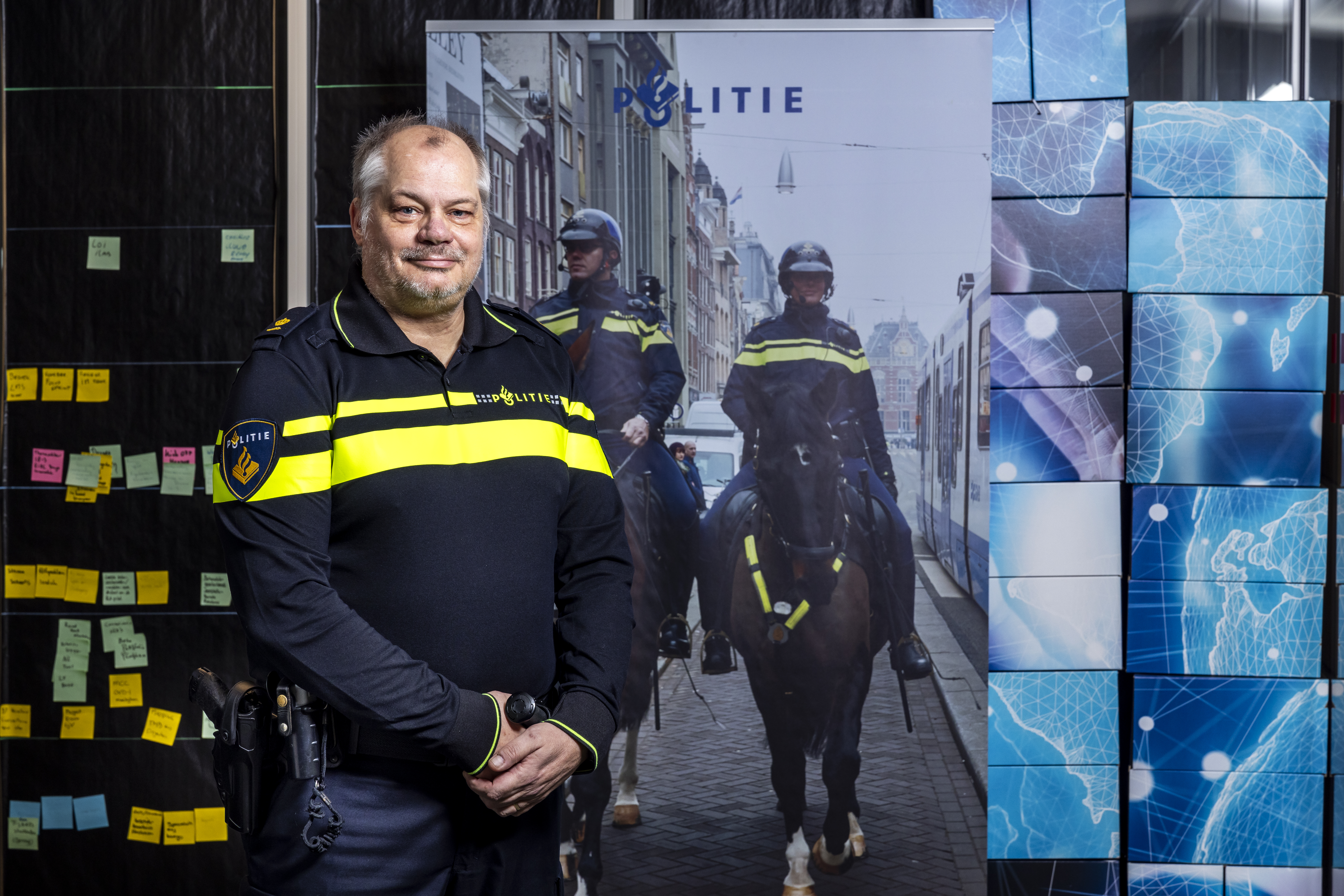
About Kronos GmbH
- Founders: Tim Bögel, Benjamin Tautenhahn, Matthias Marsel, Marvin Elz
- Founded in: 2021
- Employees: 5
- Money raised: 800k€ public funding, 100k€ BA & own money
- Ultimate goal: Domination of the world market
About 40 years ago, a group of engineers at the Technical University of Dresden in former East Germany had an ingenious idea for farmers. They wanted to improve plows using an energy-saving working principle. They researched, developed a product, and found a company to cooperate with. The company went bankrupt, not because the idea was bad, but simply because this idea was before its time. A few years ago, some engineers at this same university went looking for a project and rediscovered their work. Kronos was born. In this age of digitization, now is the ideal time to apply IT know-how to agriculture. Tim Bögel, co-founder of Kronos, talked to IO for this episode of start-up-of-the-day to explain more.
What is behind the slogan “We are the Tesla of agricultural technology”?
We coined this phrase during the initial phase of our project to get some attention. For one thing, most investors are unfamiliar with agriculture. But since we are still in the early stages of our growth and can’t really be compared to a large firm like Tesla, we’ve stopped using this slogan.

How is it that work in the field can be reduced so drastically – by up to 30 percent ?
The soil in one field can vary widely. A particularly tough problem is when the soil is very dry, making it difficult to plow. It used to be that farmers would have to plow over difficult areas several times. With Kronos technology, they only have to do one pass. To accomplish this, we developed the Rotapull with rotating tools that can be controlled to interact differently with varying soil types.
Our innovation consists of three parts: the soil tiller implement Rotapull, a generator module and a field scanner with sensor technology.
Could you explain the sensor technology in more detail?
The Rotapull is pulled by a tractor with built-in sensor technology, the field scanner. It monitors the quality of the soil being tilled. With just a few seconds delay – after the tractor has traveled just three to five meters – it transmits this information to the operator of the tractor. They can immediately adjust the parameters of the Rotapull to adapt it to the soil quality of the patch of field they are plowing at that moment.
Because this is all based on digital technology, the farmer gets a detailed report afterward indicating fuel use and other data. This allows him to do a precise cost calculation. This would make it easy for smaller farmers to share common equipment, for example, if the individual farms are too small to justify the cost of the machine.

What are your main markets?
This is not geographically dependent – it has more to do with the quality of the soil. In addition to dry soil, plowing sandy soil or wet patches can be done more efficiently with Kronos technology. The size of the farm rather than the location plays more of a role. For our technology to be cost-effective, the farm should have a minimum size of 100 hectares (ca. 250 acres). Here in the state of Saxony, the average farm size is 160 hectares (ca. 400 acres), but there is considerable variation in size. For the moment, we are focusing our acquisition efforts on the German-speaking countries: Germany, Austria and Switzerland.
Do you and the other three founders have a farming background?
(Smiles) Oh no, we’re all city kids. We got involved with this at the university while we were looking for a project to work on. We had already been working on projects at the university and this one was a good candidate for us to use our skills. Three of us are mechanical engineers and one of us is a mechatronics engineer.

Also interesting:
Lightning-fast 5G network will change agriculture, mobility and healthcare forever
Revolutionary organic hydrogel could transform world agriculture
‘Leaf plasters’ are a breakthrough in precision agriculture








